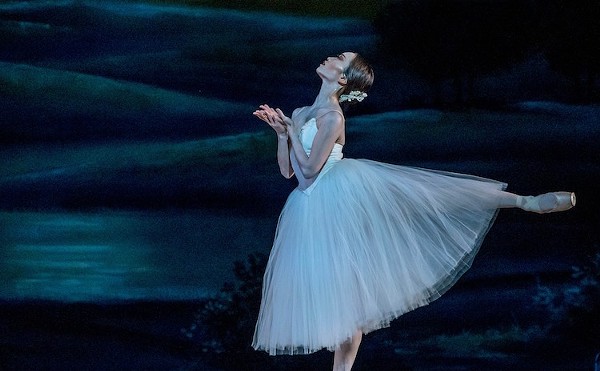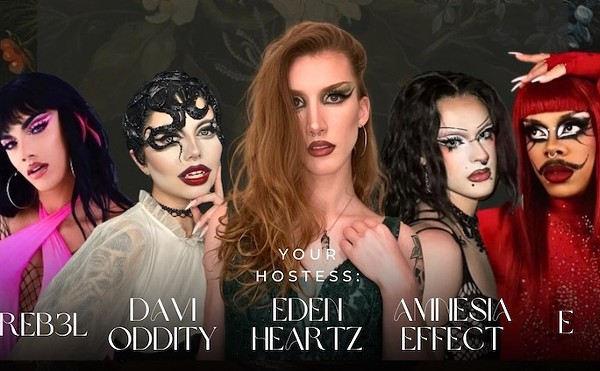HIGH TOLERANCE: A NOVEL OF SEX, RACE, CELEBRITY, MURDER … AND MARIJUANA
by Mike Sager | The Sager Group | 282 pages
Mike Sager talks like one of the guys from Barry Levinson’s 1982 bromance Diner, fast and nonstop, riffing from one thing to another. In fact, he grew up in Pikesville, Md. – not far from where Levinson grew up, and just a few years behind him. He went from there to work at Atlanta’s alt-weekly, Creative Loafing, as an intern, ended up at the Washington Post, and for the last couple of decades has been writing long-form nonfiction stories for the likes of Rolling Stone and Esquire. He is best known for gritty tales of celebrity, excess, drugs and madness, and some of his best stories have been made into films (“The Devil and John Holmes” inspired Boogie Nights, for example).
More recently, he started the Sager Group, a small publishing endeavor which has published two collections of Sager’s nonfiction and, recently, his novel High Tolerance: A Novel of Sex, Race, Celebrity, Murder … and Marijuana. It is as lurid as it sounds, and the cover would be at home in an airport bookstore, but it still contains Sager’s trademark densely packed, beautifully written sentences. In addition to publishing Sager’s own work, the Sager Group publishes anthologies championing the younger generation of long-form nonfiction writers in Next Wave and women practitioners of the form in the forthcoming The Stories We Tell.
Sager spoke with me from his Los Angeles home. The interview has been greatly condensed for purposes of space.
How did a Baltimore kid like you end up writing for Esquire in Los Angeles?
It goes back to my mother. She always said I was a great bullshitter, which I guess meant I had verbal skills, because I had no math abilities of any sort. High school in Baltimore was deliberate jockdom. I played soccer and lacrosse and a lot of basketball on my own. Then high school journalism. College [and] the facility for writing. I was already down for Georgetown law school and got an internship at Creative Loafing and I just loved it. I reported to this weird guy who I’m still in touch with, this crotchety old city editor guy, and he’d give me an assignment and I’d go out in Atlanta. My first story was about edible plants, you know, back when salads were more romaine-y and this kind of stuff wasn’t big. It was the spring of ’74 and ’75. I was at Emory. So I went to law school with all the other liberal arts majors. But as it happened, I only lasted a year and eventually landed a job at the Washington Post as a copy boy.
I went in for an interview and I had to take a spelling and typing test and I failed, and they told me I couldn’t have a job. They finally found me this job in the wire room, where you didn’t have to be qualified for spelling or typing. I read every piece of the paper and walked around and nobody paid attention to me, like I wasn’t even there.
The first night, at 10 [minutes] after 2 a.m., all of a sudden, this wire in the corner from Reuters starts going “Ding, ding, ding: The Pope died.” He died on my watch. Ding ding ding, the fucking pope is dead. Within the next 10 minutes, I actually heard the night editor pick up the phone and say, “Stop the presses.”
So going from that first night, how did you progress?
It became this thing where I was going to try to get hired and I was in the building and I applied for every job and tried to freelance for every editor and I was the ubiquitous guy. I’d work all night and go home and change and come back and it would be this thing, like “I saw your twin last night, haha.” I would corner people in the snack room, and [Bob] Woodward was one of them. He was the editor of the metro section. That’s how I became a reporter. I just kind of decided I was going to do that. I just love it. I love typing. I need something to type about. I love it. And being in the newsroom, I was really struck by the fact that I had a college degree and didn’t know shit. You could spend a whole day going from desk to desk, talking to people, and one was smarter and brighter than the next. But they were Washington people who lacked some of the dimension I wanted for my work, that I had to leave to go do. But I learned the bedrock of what I do by doing it their way, which was fucking impeccable shit. I mean, Bob Woodward was your boss.
How did you get beyond that into the more nuanced long-form pieces?
Two years into my tenure at the Post, a new editor, Walt Harrington, came in and asked me if I’d ever read Tom Wolfe, and I was like, “Who?” I was trying to do this shit like a typical young writer who didn’t want to read. Harrington gave me The New Journalism. I went home and read it and had an epiphany when I read about the “scoop slobs” and the “feature artists.” Then I just basically had to read. Like Ice Cube told me, “Ain’t nobody givin’ up no ass.” Nobody gives up no ass, to me at least. The process is like shoveling a huge pile of shit and then you have to go climb up it.
What I do is not the most popular thing. It’s kind of cult-ish. There’s a few thousand people out there who are really interested in what I do. But I’m not mass. I’ve always liked the [nonfiction] long short story. The perfect length today is the like 10- to 20-thousand-word [story].
Magazines like the New Yorker used to be able to run stories that length.
Yeah, and like Rolling Stone sometimes, and Esquire has really published my longest stuff. The golden age of everything I’ve done has been through Esquire. I need a good strong editor, because most editors know what they want.
How does that work for you with the Sager Group, since you are effectively the editor?
I’m not really a guy who needs a whole lot of editing. Peter Griffin, my editor at Esquire, is great at making tweaks in my brain along the way. But I work it until it is done. I do need a copy editor. We have two copy editors here. And I have a proofreader who used to be the librarian at the Washington Post. More than half of my budget for every book goes into paying these old-fashioned people for old-fashioned jobs.
This whole thing you’re doing with Next Wave and The Stories We Tell, I mean, it is so hard for the younger generation to find ways to do that kind of story. Did you set out to become a champion of this kind of stuff?
There’s not a big market for those stories. But the thing is, the market is expanding because of new digital magazines like Byliner. But all this stuff came out of organic conversations and arguments with Walt Harrington [who co-edited Next Wave]. He’s an old, old friend and we love to argue, and his view was very institutional about the “death of journalism.” And I said, “No, man, there are all these young guys, and I talk to them, they call me all the time and they’re so into what we’re into. There’s still kids out there who care, and we should do a fucking book and I’ll prove it to you.”
Then we put together the book and I sent out all these solicitations for blurbs and I get a call back from the head of a journalism school who complained that there were only like three women in there, and I’m like, “It had to be under a certain age and we eliminated first-person journalism, and this was all that was left.” Because women’s magazines don’t pay for this stuff. It’s men’s magazines and sports magazines that do it.
But then we were at Missouri at a conference and these two girls came up to me and I said, “You need to start something on your own. I’ll help, I’ll do whatever I can do.” So they started The Riveter [therivetermagazine.com] and meanwhile, I said, “We’re going to do some women’s books.” And the one I was calling “the Bible” is now called The Stories We Tell, after the Joan Didion quote, and that will be, hopefully, like The New Journalism for women. And we have Patsy Sims from Goucher, who is amazing, and The Riveter girls – and I say that “grrrls,” please – are paid researchers putting that together. The money I’m spending on this now is the money my dad gave me, which he made being an OB/GYN. It’s just too good.
















